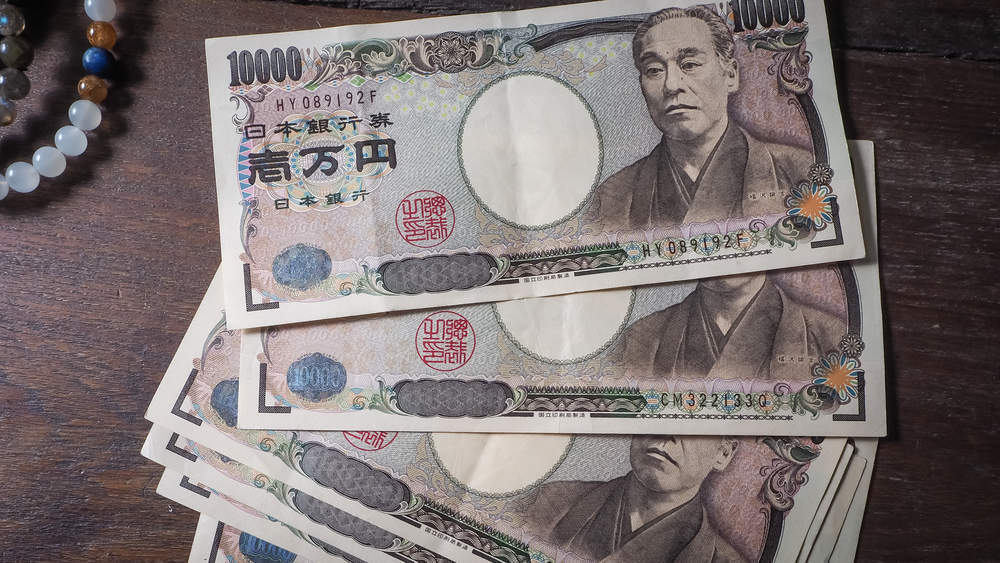
Confidence among Japan’s biggest manufacturers surged to its highest level in a decade on Monday, a testament to the country’s strong business conditions.
The Tankan index, a quarterly survey carried out by the Bank of Japan (BoJ) covering all industries and companies of all sizes, increased by three points to a reading of +15.
The Tankan samples more than 10,000 companies with a response rate of nearly 100 per cent.
The reading for large manufacturers rose by five points to +22 in September, fuelled by strength in chemicals and machinery, as well as the weaker yen.
The Japan snap election: Is Shinzo Abe set to win?
The upbeat data is a welcome boost for Japan’s prime minister Shinzo Abe in the lead up to a snap election on October 22.
Abe came to power in 2012 on a platform of economic stimulus, known as “Abenomics,” which has improved economic growth.
How well do you really know your competitors?
Access the most comprehensive Company Profiles on the market, powered by GlobalData. Save hours of research. Gain competitive edge.

Thank you!
Your download email will arrive shortly
Not ready to buy yet? Download a free sample
We are confident about the unique quality of our Company Profiles. However, we want you to make the most beneficial decision for your business, so we offer a free sample that you can download by submitting the below form
By GlobalDataAfter nearly five years of his reform package, the economy has expanded for six straight quarters.
Japan’s economy grew at an annualized 2.5 percent in the second quarter and the country’s unemployment rate is down to 2.8 percent, a 23-year low.
Rose-tinted glasses?
However, inflation remains very low at close to zero, despite the Bank of Japan slashing interest rates and purchasing trillions of yen in government bonds.
Overall wage growth has been subdued resulting in lower consumer spending as households feel the pinch.
“Data on consumer spending point to a sharp slowdown,” Marcel Thieliant, senior Japan economist at Capital Economics, wrote in a note.
Retail sales slumped by the most in more than a year in August.
Masamichi Adachi, senior economist at JPMorgan Securitie said:
What’s tricky for Abe is that he can’t emphasize his economic success too much because many households aren’t feeling it yet. If Abe makes that mistake, it will create a gap with voters and generate criticism from opposition parties.
Meanwhile, companies of all sizes reported worsening labour shortages and although the manufacturing sector is booming, non-manufacturing is not.
Mark Williams, chief Asia economist and Capital Economics told Verdict:
The Tankan’s headline index for large manufacturers jumped from +17 in Q2 to +22 last quarter and was the highest it has been since 2007. The result was stronger than anyone polled by Bloomberg had anticipated. By contrast, conditions of large non-manufacturers were unchanged at +23. This was weaker than most had anticipated.
Masaki Kuwahara, senior economist at Nomura agrees that there are weaknesses in the Japanese economy:
Manufacturing was up this time, which I think is due to the strong export figures through the summer, but non-manufacturing is flat, and investment plans from large companies look down a bit.



